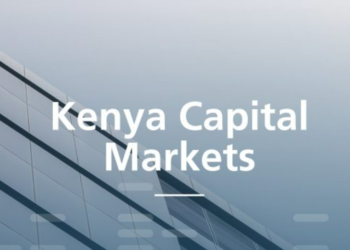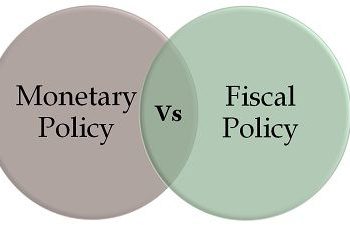Running a business in Kenya comes with its fair share of financial responsibilities, including understanding how taxes work. One common question many business owners ask is whether gross profit gets taxed if it is used to pay off a loan, or if the loan itself can be deducted as a business expense. Let’s break this down in simple terms.
First, it’s important to understand what gross profit is. Gross profit is the money your business makes after subtracting the costs directly related to producing your goods or services. For example, if you sell clothes, your gross profit is what remains after deducting the cost of buying the clothes from your supplier.
In Kenya, the Kenya Revenue Authority (KRA) taxes businesses based on their taxable income, not their gross profit. Taxable income is calculated by taking your gross profit and subtracting allowable business expenses. These expenses include costs like rent, salaries, utilities, and other operational costs.
Now, when it comes to loans, the situation is a bit different. If you take a loan to run your business, the loan itself is not considered a business expense. This means you cannot deduct the loan amount from your taxable income. However, the interest you pay on that loan is considered an allowable expense. So, if you’re repaying a business loan, the interest portion of your repayment can be deducted, which reduces your taxable income.
For example, if your business earns KES 1.0 mn in gross profit and you pay KES 100,000 in loan interest, your taxable income becomes KES 900,000. This means you’ll only pay taxes on KES 900,000, not the full KES 1,000,000.
It’s also worth noting that using your gross profit to pay off a loan does not exempt it from taxation. The KRA still considers your gross profit as part of your taxable income, regardless of how you use it.
While loans themselves are not deductible, the interest you pay on them can reduce your taxable income. Always keep accurate records of your expenses and consult a tax professional to ensure compliance with KRA regulations. This way, you can focus on growing your business while staying on the right side of the law.


















